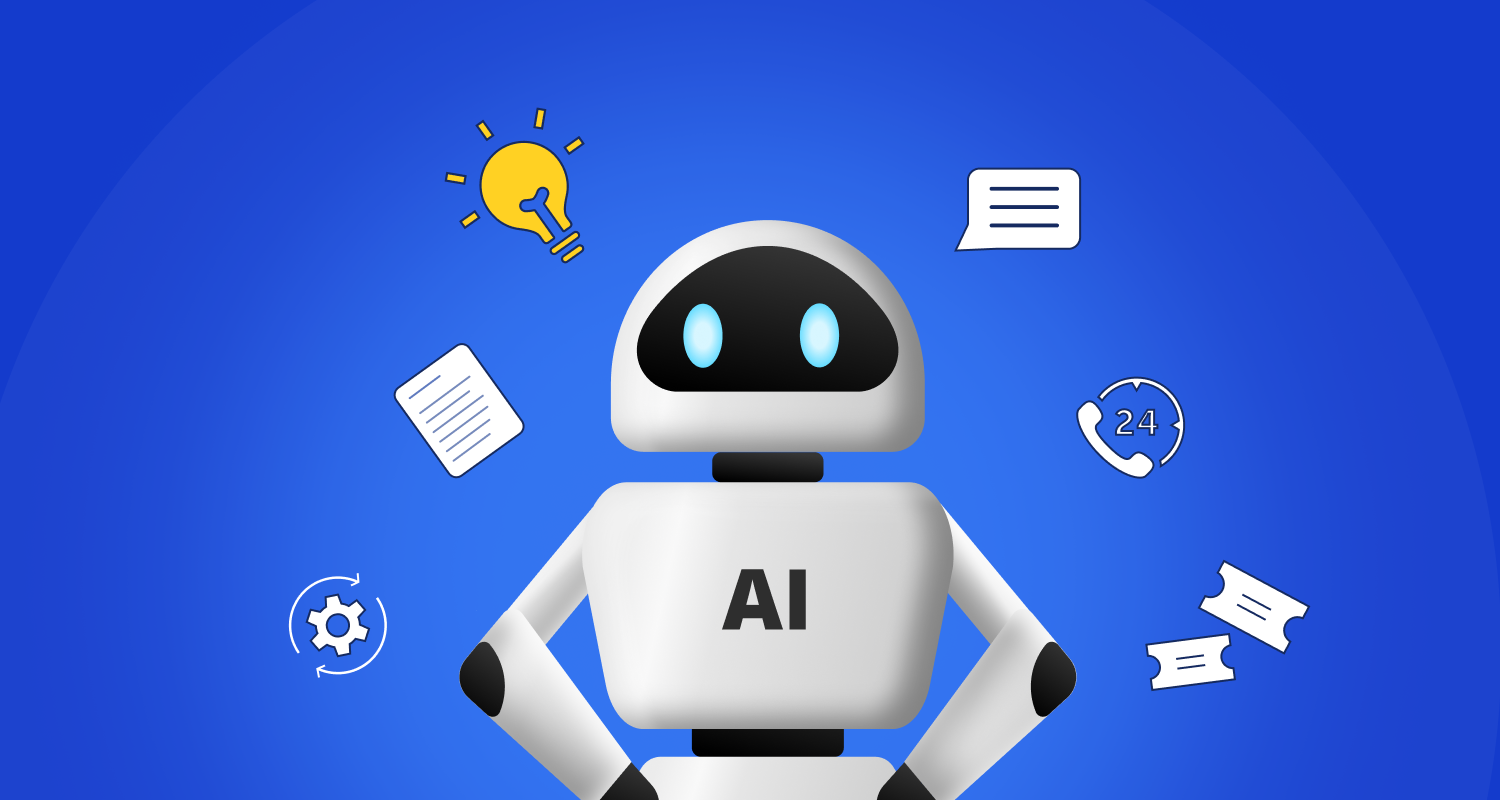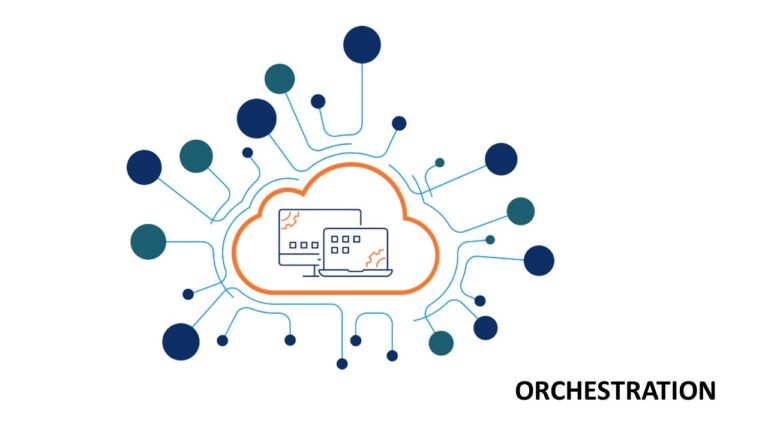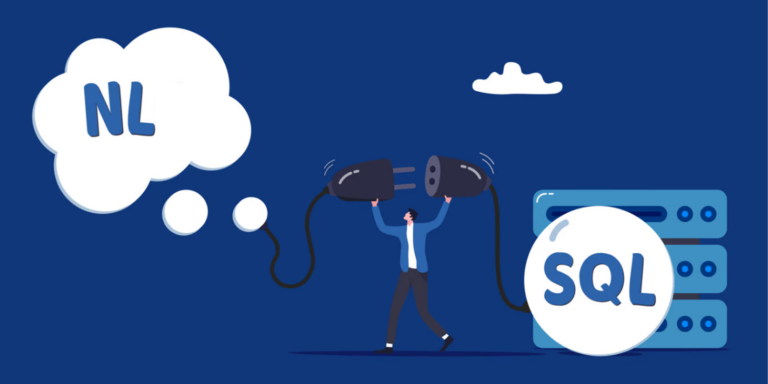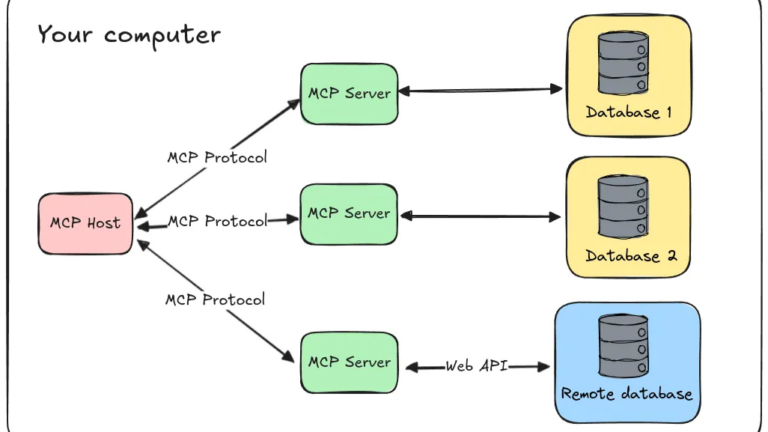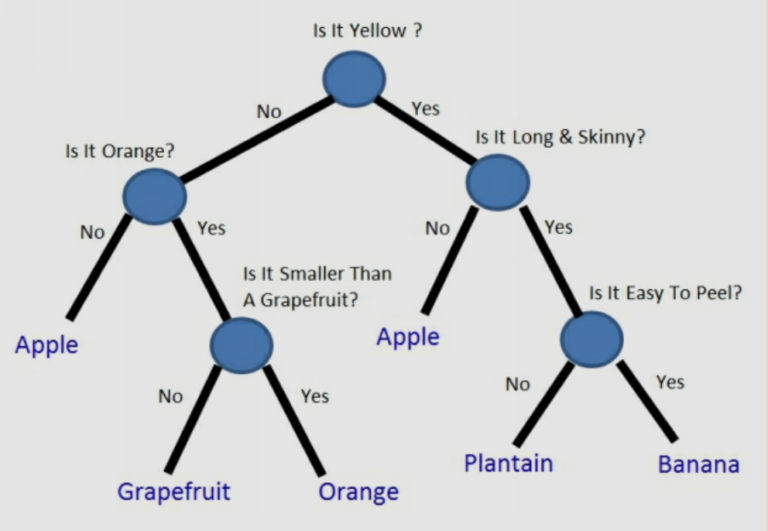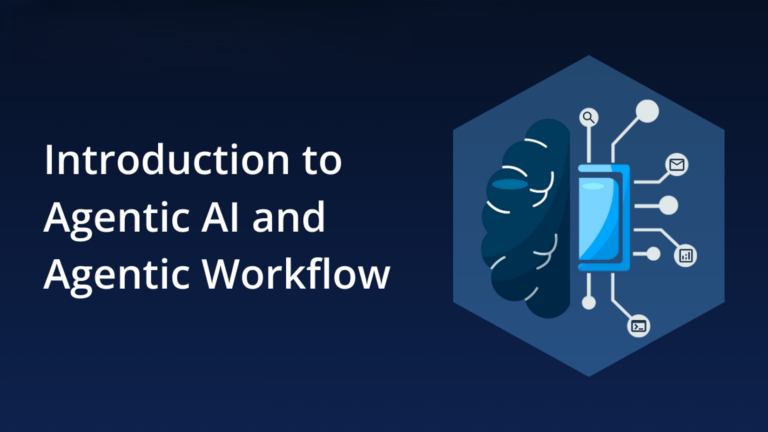Exploring AI Agent Frameworks: The Backbone of Intelligent Systems
Artificial intelligence is rapidly evolving, and at the heart of this transformation are AI agents—autonomous entities designed to perceive, decide, and act within their environments. But building these intelligent systems from scratch can be a daunting task. That’s where AI agent frameworks come in, offering developers a structured foundation to create, deploy, and manage these agents efficiently. Today, let’s dive into what AI agent frameworks are, why they matter, and some standout options shaping the future of AI development.
What Are AI Agent Frameworks?
Think of AI agent frameworks as toolkits that simplify the complex process of crafting intelligent agents. These frameworks provide pre-built components—think libraries for natural language processing, decision-making algorithms, or reinforcement learning tools—that save developers from reinventing the wheel. Whether it’s a chatbot answering customer queries or a multi-agent system coordinating a smart factory, these frameworks streamline development by offering infrastructure for perception, reasoning, and action. They’re like the scaffolding that supports a building, allowing creators to focus on the design rather than the nuts and bolts.
At their core, AI agent frameworks enable agents to operate autonomously. They handle tasks like environment modeling, multi-agent communication, and integration with machine learning platforms. This flexibility makes them indispensable for everything from simple automation to sophisticated systems that learn and adapt over time.
Why Do AI Agent Frameworks Matter?
In a world where AI is increasingly embedded in our daily lives, efficiency and scalability are key. Frameworks cut down development time by abstracting complex concepts—like how agents collaborate or manage state—into manageable tools. They also ensure interoperability with APIs and other tech, making it easier to integrate AI into existing systems. For businesses, this translates to faster innovation, whether it’s deploying a virtual assistant or optimizing a supply chain.
Plus, many of these frameworks are open-source, democratizing AI development. Developers of all levels can tap into powerful tools without breaking the bank, fostering creativity and experimentation across industries.
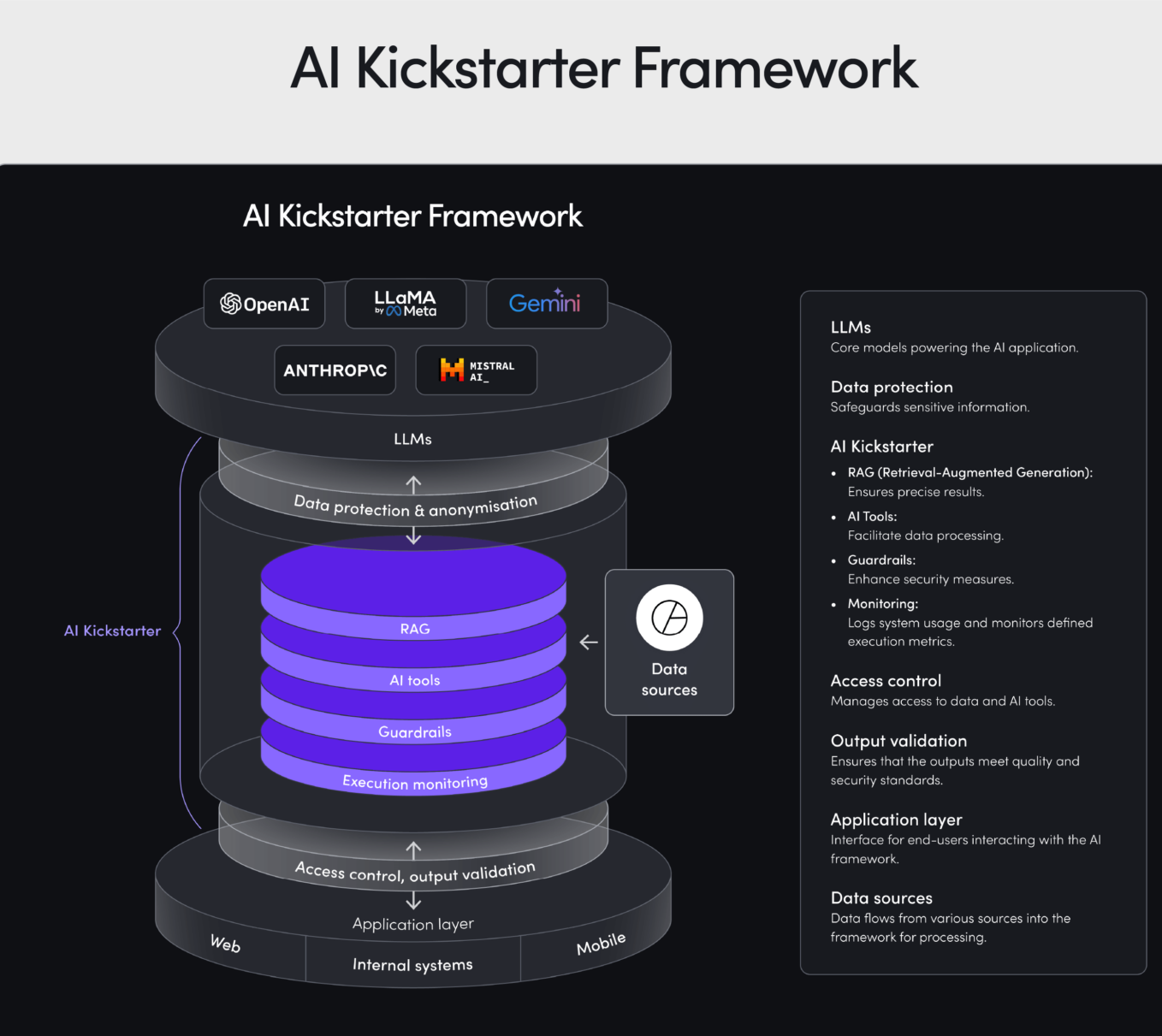
Top AI Agent Frameworks to Know
Let’s spotlight a few frameworks making waves in 2025:
- AI Kickstarter
Built on the open-source Draive library, AI Kickstarter is a go-to for crafting autonomous agents quickly. It’s packed with features like built-in evaluators and RAG (Retrieval-Augmented Generation) capabilities, making it ideal for generative AI projects. Its scalable architecture suits industries from healthcare to e-commerce, and it’s free—perfect for startups or solo developers. - LangGraph
An extension of LangChain, LangGraph excels at orchestrating complex workflows for large language models. It’s open-source, integrates seamlessly with LangSmith, and even offers human-in-the-loop options for critical decisions. If you’re managing intricate AI pipelines, this one’s a gem. - CrewAI
Collaboration is CrewAI’s superpower. It enables multiple agents to work together, assigning roles and sharing tasks like a well-oiled team. With API integration and intelligent coordination, it’s a free, open-source choice for projects needing teamwork—like simulating a customer support squad. - LlamaIndex
Need your AI to tap into vast data pools? LlamaIndex connects agents to structured and unstructured data with ease. Its metadata-driven filters ensure precise responses, making it a favorite for data-heavy applications—all for free under its open-source model.
The Future of AI Development
AI agent frameworks are more than just tools—they’re catalysts for innovation. As AI continues to evolve, these platforms will play a pivotal role in shaping smarter, more capable systems. Whether you’re a developer building the next big thing or a business looking to automate, exploring these frameworks could be your starting point. They’re not just about coding faster; they’re about dreaming bigger. So, which one will you try first?

